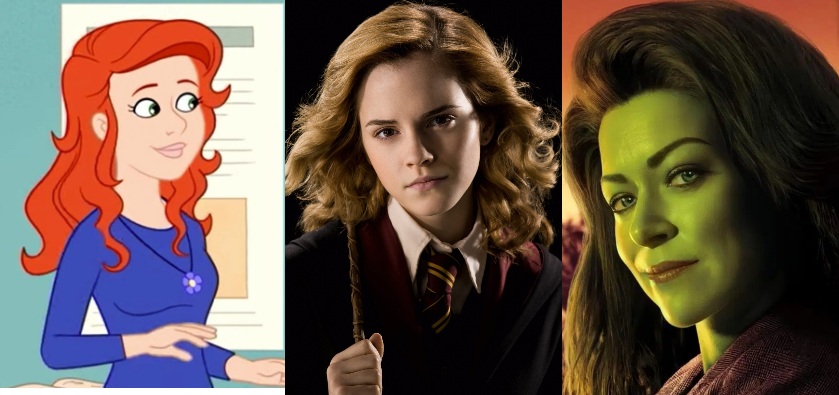Ariel Assault: Why Diverse Casting is Logical, and not a Favor
- Micah Kolding
- Jul 6, 2019
- 3 min read
Recently, Disney stirred up quite the buzz by announcing that the title character for their Little Mermaid live-action adaptation would be played by singer and known person-whose-name-is-almost-Halle-Berry, Halle Bailey. The social media sphere erupted with people praising the studio for casting a black Ariel, along with people making counters that begin with "I'm not a racist, but". The resulting discourses are doubtlessly exploring the merits or drawbacks of representation with a level of cool-headed intellectualism that could re-solidify the ice caps, so I won't be broaching that subject too much here.
Instead, I want to discuss the artistry of diverse casting, and why this particular case works in ways that most people don't seem to realize. Indeed, I have to side with the pro-Halle crowd in principle; casting a good singer while going off-model from the animated version is a favorable alternative to casting Belle with somebody who did nothing but look like the animated version, and anybody who objects to the simple notion of Ariel being black is a jackass. However, I do think there is something wrong with the specific way that many of the people on the right side seem to perceive diverse casting.
This is a problem that first occurred to me late in the height of Hamilton's popularity. I'm talking about the time when the original cast was dropping off and the show started touring and people started to use the term "colorblind casting" a lot. "Colorblind casting"; it's an attractive term, isn't it? And what other term would you use to describe a show that had an almost entirely black cast playing an entirely white cast of characters?
The problem with that logic is that the original Hamilton was not, in fact, a cast of black actors playing white characters. It was a cast of black actors chosen to play historical figures re-imagined with distinctly black musical archetypes. To call this "colorblind casting" is to suggest that it was just a huge coincidence that the original recording is made up of a bunch of talented black singers who absolutely rock their respective songs. Realizing this, the idea of "colorblind casting" just sounds like a way to take roles away from black actors in a hugely popular musical.
When we see a George Washington that looks like Dr. Dre, or Schuyler sisters who look like Destiny's Child, or a King George who looks like a "British invasion" pop idol, we're experiencing what the writer wanted us to experience. These are casting choices that make sense for the sake of driving the musical's themes and aesthetic. Even though the historical figures they were based on were white, we shouldn't be acting like it's a generosity for the cast to be mostly black.
The point I'm making about The Little Mermaid is that this casting choice is similarly not an illogical thing. There was a rumor of Zendaya being considered for the role early on, which tells us that they were making a specific choice about Ariel's race. And when I consider the aesthetic of the original movie, I can see what would inform this choice. I had long speculated that the animated Mermaid might be the first American Disney princess, with the strong presence of Caribbean-style music and a potentially Caribbean environment. As these live-action adaptations seem to like to explain things more than is necessary, it's easy to imagine that they'll get more specific about the setting in this one, and if they commit to a Caribbean aesthetic, it would be downright illogical for them not to feature a significant black presence.
And yet there are people who will go on acting like diverse casting is a generosity, tacitly embracing the idea that it is not a logical or practical choice to make. When I look at the controversy surrounding Ursula, for example, it's clear to me that people think diversity casting is necessarily informed by politics. I have no problem saying that the idea that Ursula should be used as a vehicle to give more representation to drag queens doesn't work for me; "drag queen" is not a type of person that needs to be given more roles, it is itself a type of role that people chose to play. Insisting that drag queens be given more roles doesn't make logical sense, and essentially boils down to insisting that a man should get to take a woman's role in a realm where far too many actresses are already competing for too few quality roles.
So yes, be happy that Disney cast Halle Bailey as Ariel, but don't act like she only got the job because the studio wanted to do her a favor. Diverse casting can and should be based on logic and artistry, with as little mind for politics as possible. Politics, even PC politics, can do as much harm as good, and is never conducive in telling a compelling story.



Comments